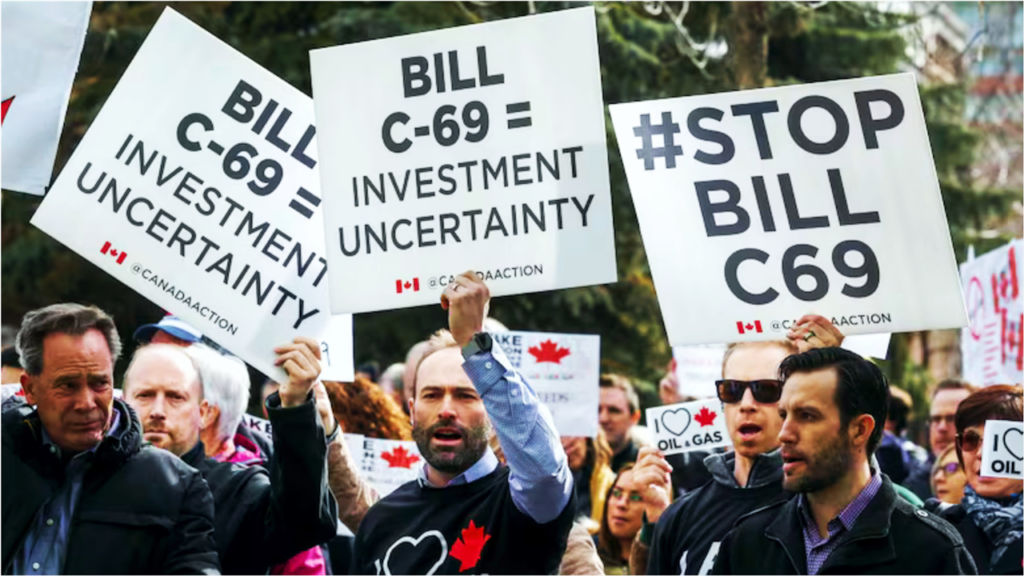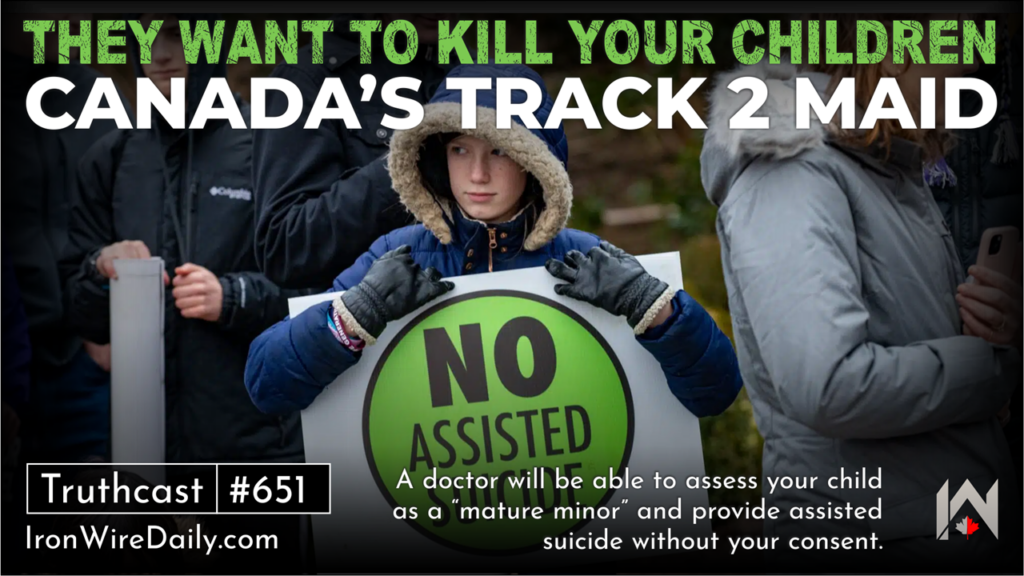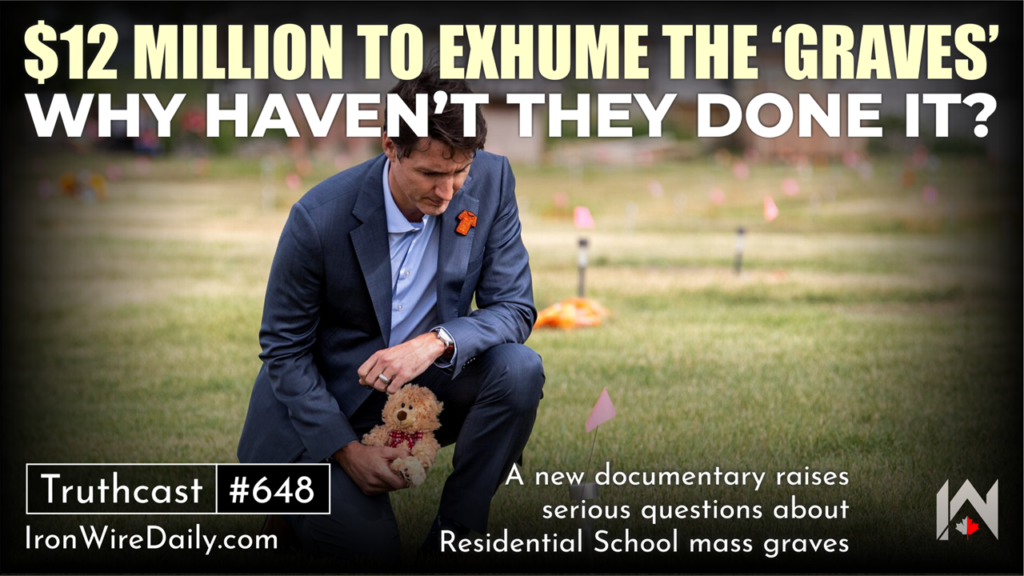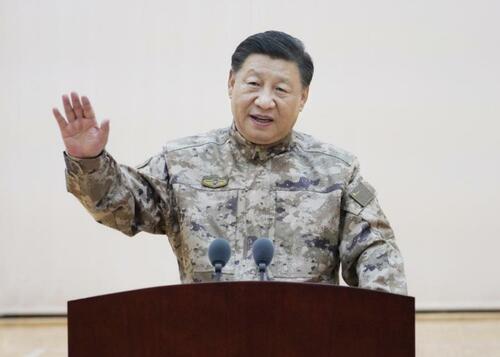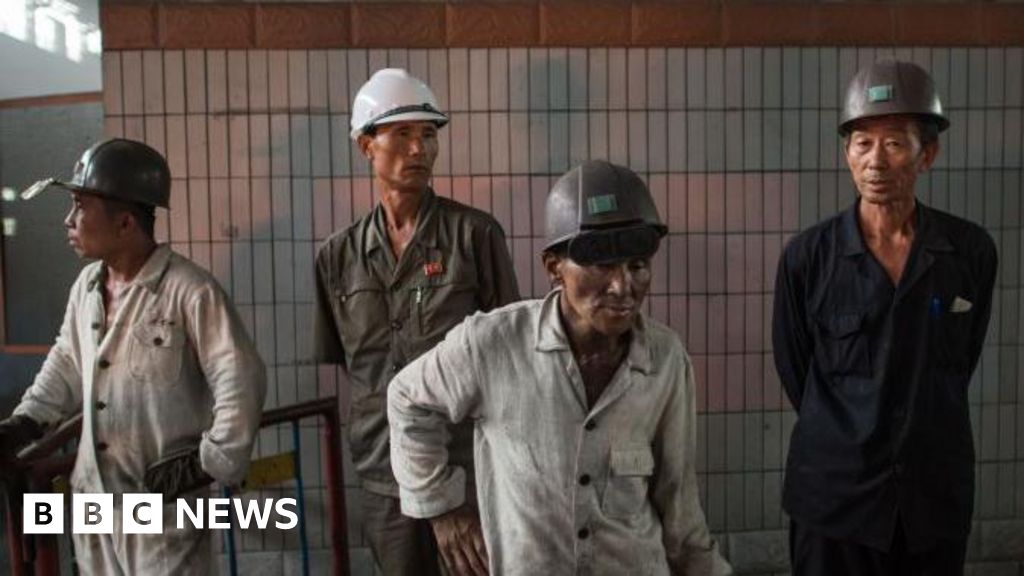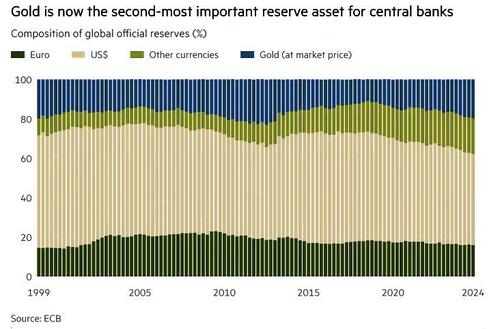Michael Kelly: The UK does not have the money or resources to achieve “Net Zero”; it risks a financial crash by decade’s end – The Expose

Michael Kelly: The UK does not have the money or resources to achieve “Net Zero”; it risks a financial crash by decade’s end
Michael Kelly, an Emeritus Professor of Technology at the University of Cambridge and former government scientist, argues that the UK’s Net Zero plans by 2050 are an “engineering fantasy” due to practical, financial and resource constraints.
If they persist with this Net Zero nonsense at the scale they propose, “I think there’s going to be a real crash later in the decade, a financial crash,” he said.
Let’s not lose touch…Your Government and Big Tech are actively trying to censor the information reported by The Exposé to serve their own needs. Subscribe now to make sure you receive the latest uncensored news in your inbox…
Michael Kelly was a UK government scientist when the Climate Change Act was launched in 2008, and has been researching the reduction of carbon in Britain since then.
He wrote to Energy and Climate Change Secretary Ed Miliband to say that the Net Zero targets are an engineering fantasy because the costs are enormously prohibitive and the workforce needed is not available. He is calling for open debate on these issues and says engineering’s professional bodies are not acting responsibly in their silence.
In February, he joined NTD’s Lee Hall to discuss the UK government’s Net Zero fantasy.
To achieve Net Zero, the UK would need to spend around £1.4 trillion, have 40,000 civil and electrical engineers working full-time for 30 years, and three times as many skilled tradespeople, as well as a vastly increased amount of materials, he explained.
The scale of the project to expand the grid and rewire houses would be equivalent to one HS2 programme each and every year between now and 2050, requiring a significant workforce and materials that are not currently available.
“Everybody assumes it’s possible and they go along with the fiction, even people I know who know it’s not possible, they say ‘we’re going along for the ride’,” he said. “I regard that as unethical, and certainly unprofessional on the part of engineers.”
The current electrical grid is not sufficient to support the transition to net zero, with the need for additional energy to power heating and electric vehicles, requiring a potential increase in grid size of 2.7 times, nearly triple the size of the current grid.
Upgrading the grid and retrofitting homes to support net zero would be extremely costly, with estimates suggesting a cost of around £1.4 trillion for the grid and potentially £2 trillion for retrofitting all 26 million houses in the UK.
Achieving Net Zero in 30 years would also require a massive workforce, similar to the number currently employed in the education sector or the Health Service. However, there is a shortage of skilled workers like plumbers, electricians and engineers. And this shortage of skilled workers won’t be able to be addressed any time soon; the training period for professional engineers to be qualified to sign off projects as fit for purpose, for example, is 10 years.
There are also not enough raw materials to supply the “green” transition industry. Replacing gas with wind power would require a massive amount of high-quality materials, such as steel, with estimates suggesting 600 or 700 times more raw material would be needed, which is not efficient or sustainable.
And there are other impracticalities, for example, the fantasy of running cities on electric batteries. The cost of solid-state batteries to run a hospital emergency department and vital equipment is over a thousand times more expensive than a diesel generator, making them unaffordable for large-scale use, such as electrifying a city like London. Solid state batteries will likely be used at small and medium scales, such as in cars, but not at the metropolitan scale this century.
Batteries are also not suitable for “green” air travel. The weight of batteries needed to power a 737 aircraft across the Atlantic is already six times heavier than the maximum freight weight, making battery-powered flight impractical in the short or medium term.
The cost of transitioning to net zero, just for the grid and buildings, is estimated to be around 7-8% of GDP which is much higher than initially thought. Additionally, the required workforce and materials are not available, making it unlikely to happen.
So, what would all of this actually achieve for “climate change” if it were remotely doable? Nothing. Climate change is a natural process that has occurred throughout history, Kelly said. The Earth’s temperature has been 5°C warmer in the past with higher CO2 levels.
Additionally, climate models are not fit for purpose, having run too hot for 20 years. But there is a lack of transparency and honesty from engineers and scientists, who may be motivated by research funding and a desire to avoid controversy.
Even for those who follow the climate change cult, reducing carbon dioxide emissions to zero may not stop anthropogenic climate change. And carbon emissions savings in some countries are being undone by large increases in emissions from countries like China and India, making current efforts to reduce carbon emissions in the UK futile.
In an article published on Substack, Ian Brighthope summarised the interview as follows.
Immense Financial Costs
- Achieving Net Zero by electrifying ground transport and all industrial, commercial and domestic heating would require expanding the electrical grid at an estimated cost of £1.4 trillion.
- Retrofitting all 26 million UK houses to reduce carbon emissions by 100% could cost around £2 trillion to £4 trillion, based on pilot programmes showing £85,000 per house for only 60% emission reductions.
- These costs equate to 7–8% of GDP, far exceeding earlier estimates (e.g., Lord Stern’s 1% of GDP), potentially requiring tax increases and equalling the education budget for 30 years.
Workforce Shortages
- The plan would need 40,000 civil and electrical engineers and three times as many skilled tradespeople working full-time for 30 years, a workforce comparable to the education or health sectors.
- The UK lacks these personnel, with training a professional engineer taking 10 years, and current shortages already evident (e.g., plumbers, electricians).
- Diverting engineers from critical roles (e.g., hospital life support systems) would be necessary but impractical.
Material Constraints
- Electrifying all cars would require copper equivalent to one year’s global supply, and wind turbines need 600–700 times more high-quality steel and concrete than gas turbines for equivalent energy output.
- Copper mining must increase tenfold, but the supply is limited. Renewable infrastructure (e.g., wind farms) is material-intensive, contradicting efficient resource use principles.
Grid Expansion Challenges
- The current grid must triple in size (2.7 times) to handle electrified transport (0.7) and heating (1.0), as winter heating demands three times more energy than electricity.
- Most homes need rewiring (e.g., from 60 to 120 amps) to support heat pumps, fast chargers and electric appliances, costing £700 billion for distribution upgrades.
- Infrastructure limits (e.g., transformers, wires) in some regions are already at capacity, and grid connection delays for wind farms can reach 15 years.
Energy Storage Limitations
- Battery storage is prohibitively expensive and impractical. For example, a £45 million battery in Adelaide could power the city for 17 minutes, and one for Addenbrooke’s Hospital would cost 180 times (for 24 hours) to 1,300 times (for one week) more than diesel generators for equivalent reliability.
- Battery energy density is 40 times less than petrol, with only a six-fold improvement over 50 years and a projected two-fold increase in the next 50, making large-scale storage unfeasible this century.
Unrealistic Timelines and Lack of Planning
- Retrofitting progress is slow (1% in 10 years vs. a needed 25% in 40 years), and there’s no roadmap for Net Zero, unlike the semiconductor industry’s clear 10-year plans.
- The scale of disruption (e.g., rewiring homes, replacing appliances) is comparable to the 1960s gas conversion but far more complex, requiring decades of coordinated effort.
Ethical and Professional Concerns
- Kelly argues it’s unethical and unprofessional for engineers and institutions (e.g., Royal Academy of Engineering, Royal Society) to not highlight Net Zero’s infeasibility, comparing it to building on an earthquake fault without warning.
- Engineers have a Code of Ethics requiring transparency, but many remain silent, assuming Net Zero is possible or avoiding debate to “go along for the ride.”
Lack of Open Debate
- There’s no public or scientific debate on Net Zero’s feasibility, with Kelly’s estimates dismissed without explanation (e.g., by the Energy Secretary).
- Cancel culture and fear of backlash deter scientists from questioning climate models or Net Zero policies, as admitting models “run too hot” could slash research funding.
Climate Model Inaccuracies
- Climate models are unreliable for long-term predictions, akin to weather forecasts beyond 10 days, due to complex, unproven assumptions about interacting variables.
- The belief that zero carbon emissions will stop climate change is flawed, as the climate has always changed, and past geological periods had higher CO2 and temperatures without catastrophic outcomes.
Global Context and Futility
- UK and US emission reductions are dwarfed by China’s (33 times UK savings) and India’s (7 times) increases from 2000–2022, rendering local efforts futile.
- EU restrictions on fossil fuel development in Africa, forcing reliance on costly renewables, are seen as immoral and akin to modern slavery.
Electric Vehicle (“EV”) Challenges
- EVs are less practical due to high battery costs, limited range (half a petrol tank) and inefficiencies in cold climates.
- Consumer reluctance is evident (e.g., unsold EVs at Bristol port), and mandates forcing EV sales could harm the car industry, leading to degrowth.
Environmental Irony
- Renewable energy (e.g., wind, solar) requires extensive land use and mining, causing more ecological damage than fossil fuels, which use smaller pipelines.
- Green lobbyists are criticised for a single-issue focus, ignoring trade-offs like material use and environmental impact.
Nuclear as a Partial Solution
- Small nuclear reactors, proven in US Navy warships, are viable but face overregulation due to excessive safety standards (e.g., surviving nuclear bombs or plane crashes).
- France’s low electricity costs from nuclear power demonstrate feasibility, but current reactors wouldn’t meet modern safety rules, and nuclear can’t ramp up/down quickly like gas turbines.
Adaptation Over Mitigation
- Kelly advocates adaptation to climate change (e.g., sea walls, like New Zealand’s earthquake fund) over mitigation, as it’s more practical and only requires action when needed (e.g., Thames Barrier’s success).
- Net Zero’s scale risks a financial crash by the decade’s end, exacerbated by unrealistic policies and economic burdens.
Societal and Economic Impacts
- Modern civilisation relies on seven times more energy per person than in 1800, and reducing energy use would revert living standards to pre-industrial levels.
- New technologies (e.g., EVs) destroy old jobs (e.g., like shipping to aviation) and Net Zero could lead to degrowth, reducing production and mobility.
Kelly concludes that Net Zero is unachievable by 2050 due to insurmountable barriers in cost, workforce, materials and infrastructure, urging a shift to adaptation and more realistic energy policies like nuclear, while criticising the lack of debate and professional accountability.
#image_title
” data-image-caption=”
#image_title
” data-medium-file=”https://i0.wp.com/expose-news.com/wp-content/uploads/2025/06/JunFeat17b.png?fit=300%2C169&ssl=1″ data-large-file=”https://i0.wp.com/expose-news.com/wp-content/uploads/2025/06/JunFeat17b.png?fit=639%2C359&ssl=1″>
The Expose Urgently Needs Your Help…
Can you please help to keep the lights on with The Expose’s honest, reliable, powerful and truthful journalism?
Your Government & Big Tech organisations
try to silence & shut down The Expose.
So we need your help to ensure
we can continue to bring you the
facts the mainstream refuses to.
The government does not fund us
to publish lies and propaganda on their
behalf like the Mainstream Media.
Instead, we rely solely on your support. So
please support us in our efforts to bring
you honest, reliable, investigative journalism
today. It’s secure, quick and easy.
Please choose your preferred method below to show your support.
While previously it was a hobby culminating in writing articles for Wikipedia (until things made a drastic and undeniable turn in 2020) and a few books for private consumption, since March 2020 I have become a full-time researcher and writer in reaction to the global takeover that came into full view with the introduction of covid-19. For most of my life, I have tried to raise awareness that a small group of people planned to take over the world for their own benefit. There was no way I was going to sit back quietly and simply let them do it once they made their final move.



